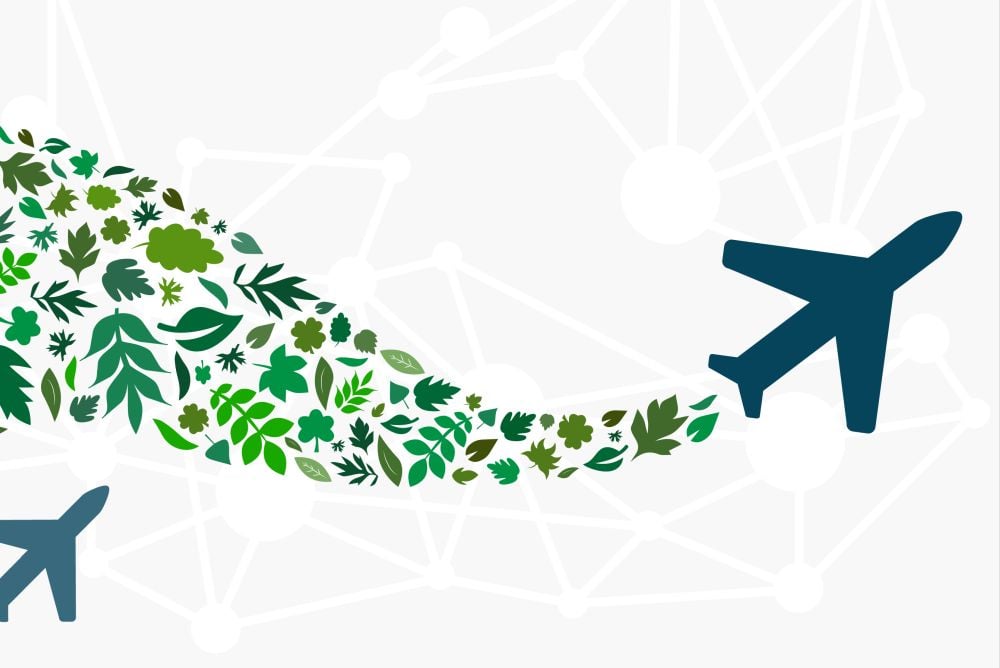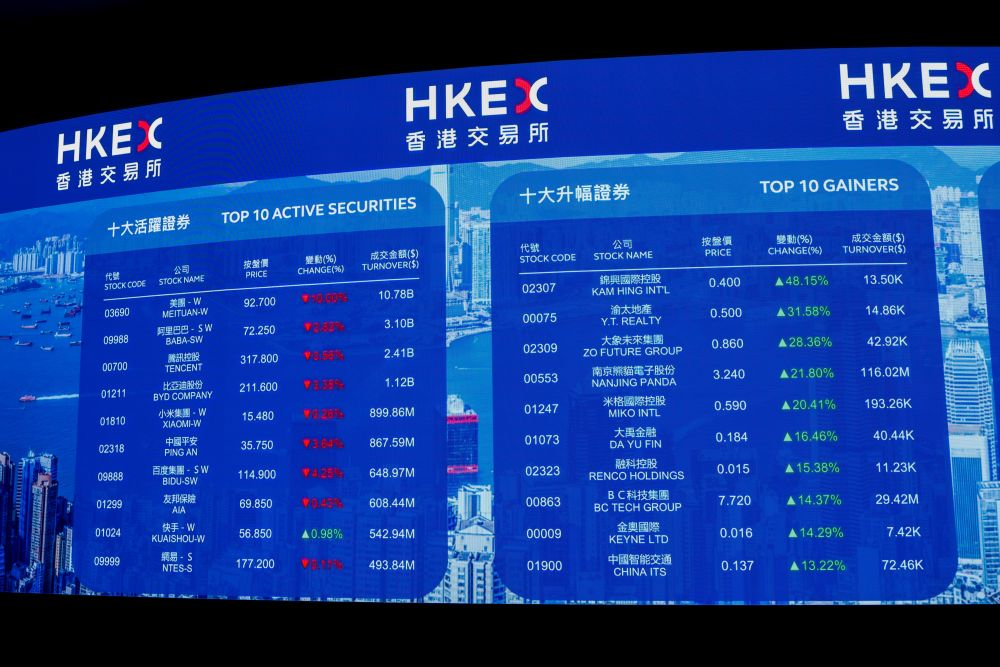Just over one year ago, the Global Reporting Initiative (GRI), a non-profit organization that provides companies with sustainability guidelines, added to its global network with the creation of an Asean regional hub in Singapore.
The opening of the hub was backed by a consortium of Singapore-based sustainability champions in their areas of expertise, including the Singapore Stock Exchange, CDL and CapitaLand (real estate and development), DBS (banking), Sembcorp and Keppel (energy and utility), StarHub (communications), consulting firms Tata Consultancy Services (TCS), PwC, KPMG and EY, and thought leadership organizations Stewardship Asia and Global Compact Network Singapore.
During the first year, the activities of the GRI ASEAN Hub have focused on increasing awareness of the benefits of disclosure and transparency while spreading the practice of sustainability reporting to new companies, increasing the capabilities of Asean companies to produce higher-quality reporting, and reflecting the perspective and contribution of Asean organizations in the development of GRI standards.
“It has been a challenging yet successful 12 months,” says Michele Lemmens, regional head of the GRI Asean Hub. “The arrival of the Covid-19 pandemic has, of course, altered our ways of working, yet we have adapted and continue to provide guidance and support to Asean organizations as they progress on their sustainability journey.”
The GRI Asean Hub held webinars to support reporters with a standards session event in March and an introduction to the GRI waste standard in May, in partnership with Sempcorp and CDL. The events reached almost 500 people from throughout the region.
“An even broader geographic spread was achieved in our peer-to-peer Bright Lights of ASEAN learning webinars,” Lemmens points out. “These interactive sessions took place in June (with DBS of Singapore and CP of Thailand) and July (with Sarawak Energy in Malaysia and SM Investments of the Philippines). The 330 participants hailed from over 18 countries, from ASEAN and further afield.
The GRI standards are as applicable to companies in Kuala Lumpur, Bangkok or Jakarta as they are to those based in Paris, Brasilia or Nairobi. This global and multi-sector relevance, Lemmens notes, is one of the strengths of the comparable and best-practice reporting GRI enables, and why the development of the standards seek to incorporate global viewpoints.
The hub has also been able to increase the engagement of Asean organizations in the ongoing work to renew and update the GRI standards. “We have Singapore-based representatives appointed to the working group developing a first GRI sector standard for agriculture and fishing,” Lemmens explains. “We were also able to facilitate regional input into the significant review underway to the universal standards, by hosting three webinars last month in support of the public comment period.”
Before the end of 2020, the GRI Asean Hub plans to run sustainability reporting workshops, hold roundtables on waste and occupational health and safety, and continue its outreach to new and existing reporters as they prepare for the 2020 sustainability reporting process. And Lemmens adds: “In 2021, we hope to be able to plan a return to face-to-face sessions.”








